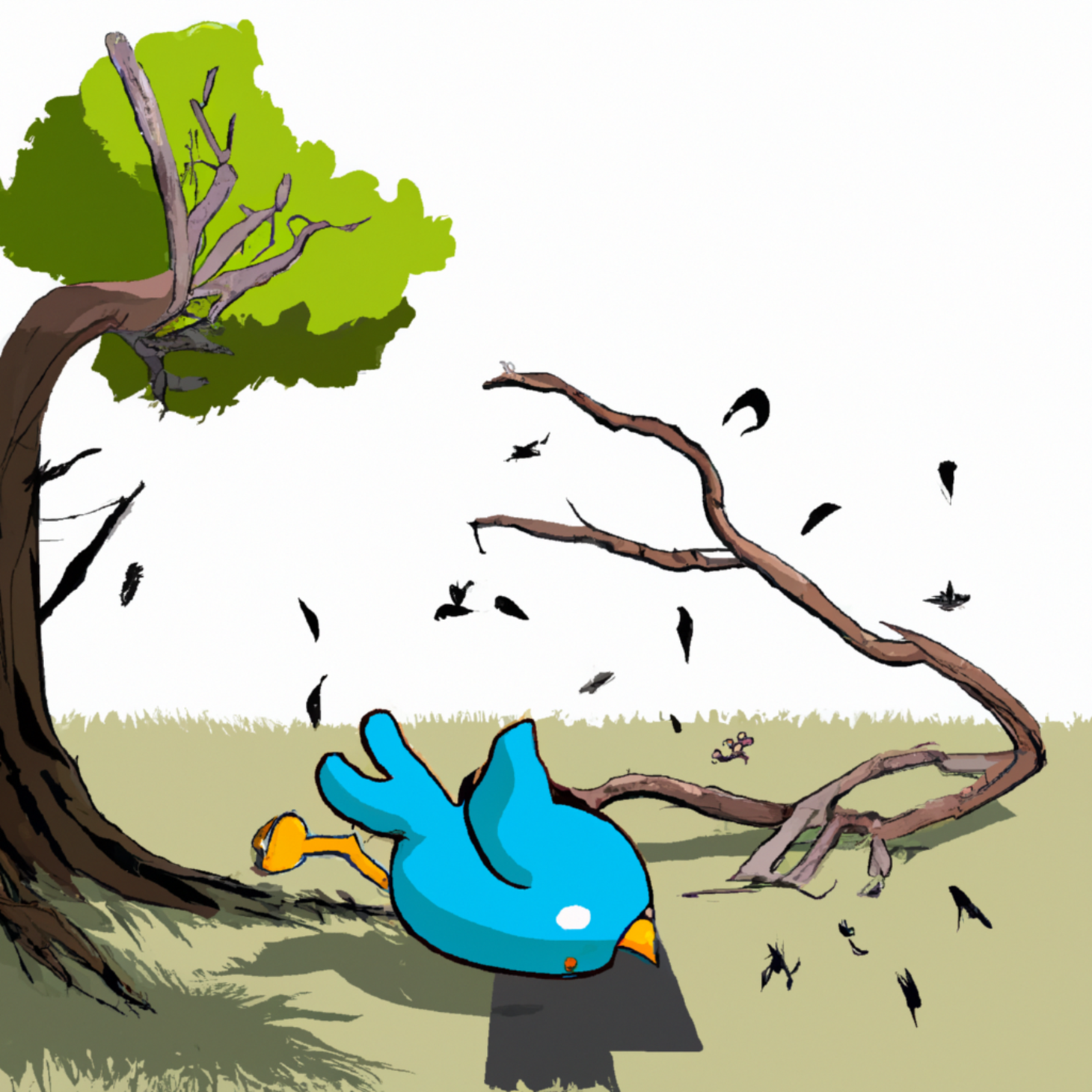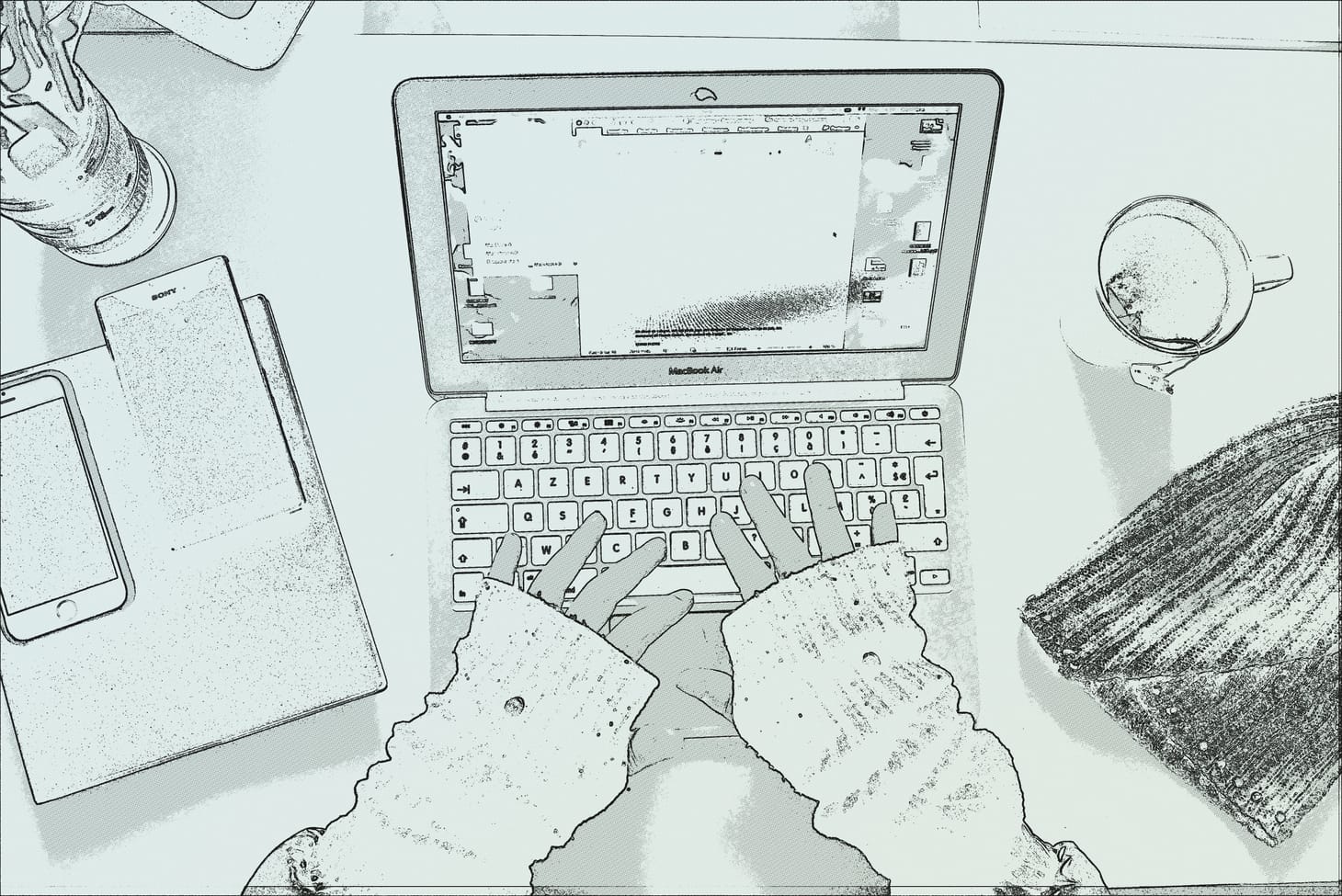This Time, I'm Out

After 14 years and over 10,000 tweets, I've deactivated my Twitter account. I've been critical of Twitter for a long time now without actually leaving the platform. Obviously, things have changed rapidly for the worse. When, on Saturday, Elon Musk let DT back on the platform, while including a little blasphemy with his announcement, that was the last straw. Almost all of my tweets were syndicated from Micro.blog, anyway. I thought about pinning a tweet that pointed to where you can find me now, but if you have been following my account for any length of time, you already have that information.
I should no longer be tempted by the urge to scroll endlessly. I realized that I don't have to subordinate my principles to the twitch. I will miss people that I only heard from on Twitter, though. Corey Doctorow writes about the hardest thing regarding leaving social media.
Online, a lot of us have been unhappy with our social media platforms for a long time, but we hang in there, year after year, scandal after scandal, because as much as we hate the platform, we love the people who use the platform.We don’t leave because we don’t want to lose them. They don’t leave because they don’t want to lose us. It’s a hostage situation, and we’re all holding each other hostage.
There were so many times I almost pulled the plug on Twitter. The first time was after they changed their API to put impediments in front of third-party developers. I almost quit when things got rancorous in the run-up to the 2016 election. I almost quit — earlier this year — when bullies forced Elizabeth Bruenig off the platform and I saw user after user gloating about it. Finally, I almost quit after hearing that Elon Musk was buying the platform.
I'm usually terrible about prognostications and the guessing of ulterior motives, but I did a pretty good job back in April, when I guessed that Elon Musk was planning on taking over Twitter because the conservative commentary site The Babylon Bee was banned.
Last week, Twitter banned the conservative satirical site The Babylon Bee for what it termed “hate speech.” Specifically, the “satire” involved misgendering U.S. Assistant Health Secretary Rachel Levine as a man. I’m not sure what’s satirical about that, but it seems cruel and certainly not at all funny. As a sign of the coming apocalypse, Elon Musk was interviewed by the Babylon Bee in December 2021. Is it possible that this ban was the act which spurred Musk into thinking of buying into Twitter to change its direction?
It appears now, based on texts with his ex-wife, that Musk initially decided to buy Twitter for just that reason. I would link to what I've read, but well, it's on Twitter. I won't go back into the burning building just to grab it. Was this incredibly insightful on my part? Nah. It's better attributed to the predictable petulance of the billionaire who now owns the technology platform with the largest mindshare.
I don't know if or when Twitter will go down. I think you can run Twitter with a lot less people than the company had prior to the Musk takeover. However, I also believe that you can't and shouldn't alienate your employees and cause the best to quit without repercussions.
Treasure Hoard
Join the newsletter to receive posts in your inbox.


